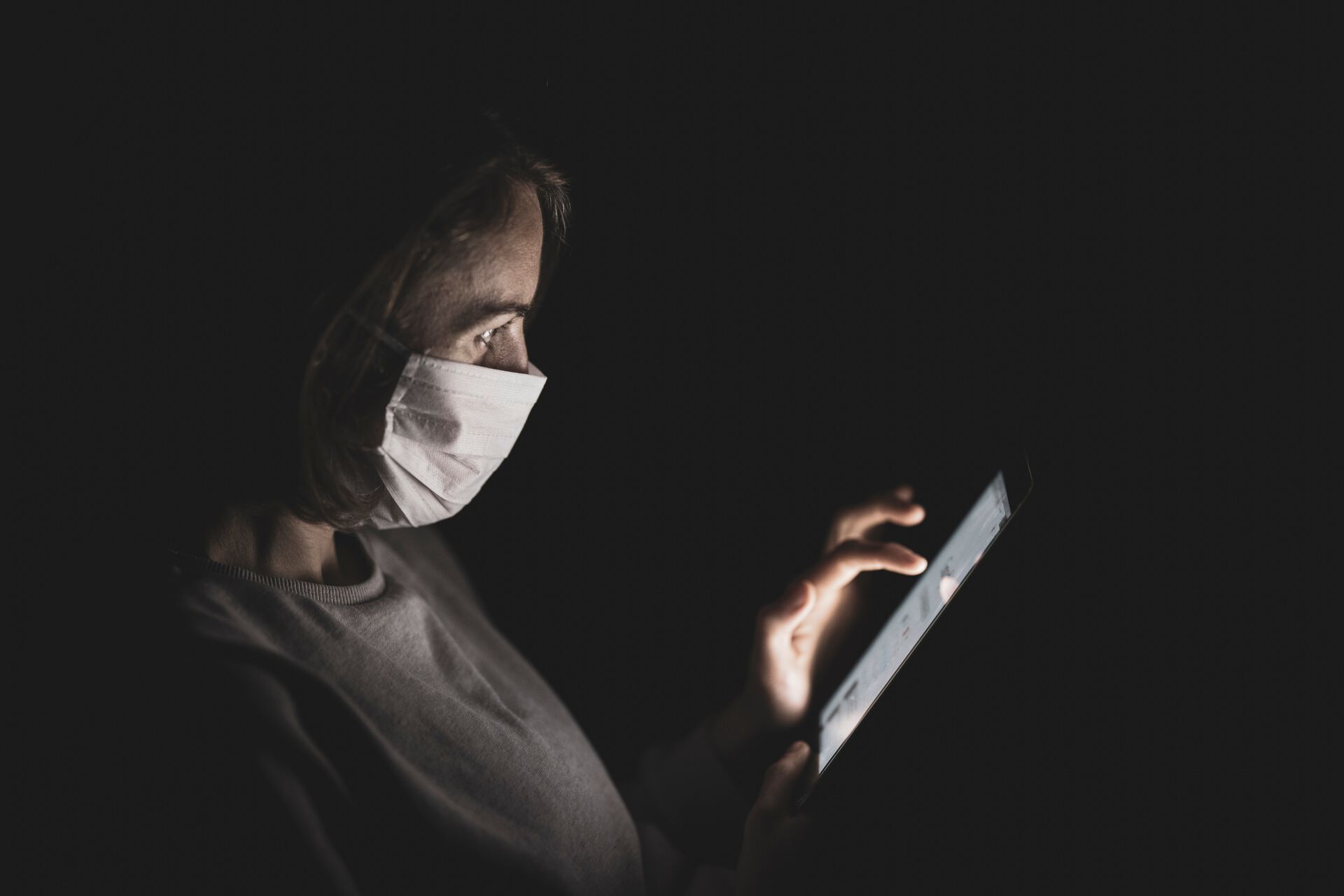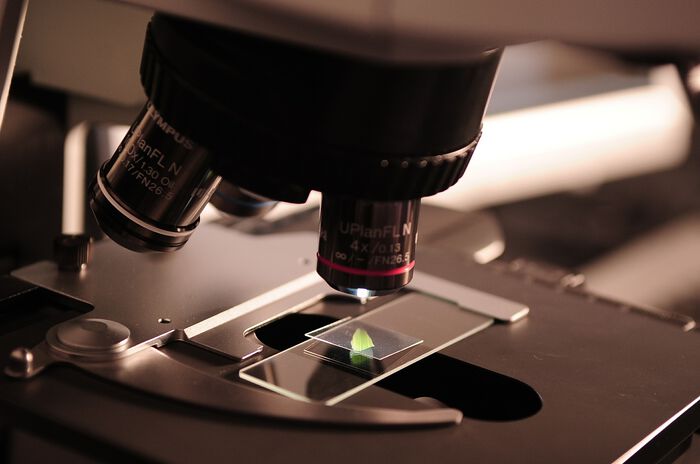The Covid-19 crisis has spurred an enormous activity within research and innovation. One example is the World Health Organization’s rushed clinical trials of potential candidates for vaccines, coordinated by the head of the Research Council of Norway, John Arne Røttingen, and starting with a Norwegian patient. Another example is the global Coronavirus Innovation Map, which by the end of March 2020 showed close to 300 innovations and startups all over the world that in one way or another address the current crisis. Not least, policymakers take drastic policy measures in lots of countries based on scientific evidence, models and intense consultation with leading scientific experts.
In the research project OSIRIS, we are interested in research impact, which we primarily see as how research is picked up, used, distributed and generates some kind of effect in society. For us, the current situation is in many ways overwhelming, but it is also a clear sign about the importance of understanding and debating research impact. In this blog post, we highlight five aspects of our work and approach to studying impact.
The importance of the demand side
In a crisis like the one spurred by the coronavirus, the demand for research becomes clear. We need more numbers, better scenarios and improved understanding of likely effects of policy interventions. The Research Council of Norway recently made 30 million NOK available and issued an “emergency call” for new research projects on Covid-19 with a deadline at the end of March 2020 and expecting funded projects to start before the summer. Other countries' make similar calls, such as the U.K. Research and Innovation call where there is no specific deadline and no specific budget. The U.K. Parliament has also made a database of relevant scientific experts.
However, our understanding of “the demand side” is lacking. Most studies of research, including studies of impact, look mainly at how researchers organise their work; how they publish, communicate, disseminate and collaborate. We know less about the role of users of research in asking the right questions, shaping agendas and building capacity for doing and using the models, perspectives and numbers that come out of systematic scientific inquiry. In some cases it is likely that even the most excellent, relevant or useful research may pass unnoticed. Understanding the user or demand side is a main goal in OSIRIS.
The interplay between research and politics
The management of the coronavirus reveals the interplay between research and politics. Much remains unknown about the spread of the virus spreads and the most effective prevention measures. Researchers and other experts have suggested different scenarios and interventions to policymakers, but there is considerable uncertainty about the effects and, not least, the costs they entail. Researchers disagree openly, and conflicts between different academic perspectives are emerging.
Policymakers have had to make decisions under time pressure and great uncertainty, and we see that countries have chosen different goals and strategies for tackling the epidemic. Although most politicians refer to research to substantiate their decisions, the corona crisis has shown that research alone cannot provide unambiguous instructions on how to handle the virus, and that countries have different styles of or pathways for using research.
The coronavirus is an extreme situation, but politicians and bureaucrats constantly use research when they make policy decisions, also when research does not provide clear answers. Nevertheless, we observe a growing demand for research and evidence in politics and public administration. In several of the OSIRIS empirical cases we investigate how policymakers in the central administration (ministries and directorates) organise the collection of research in different policy areas, and what this means for the use of research in policymaking.

Citizens and science
Perhaps more than ever, people engage directly with science every day. We monitor developments, read long texts by scientific experts and stare despondently at exponential graphs. We have concrete questions – how long should I stay in quarantine if I was in another country a week ago, how far away from others is it safe to stand or walk, what will my job and the economy look like in the months and years ahead – and we often turn to research for answers. The coronavirus also entails larger-scale studies involving broader segments of the population, such as the German coronavirus laboratory.
What is particularly interesting about the current situation is how all the discussions and uncertainty at the research frontier, as well as the diverging perspectives between scientific disciplines, find their way almost unfiltered into the public sphere. Although OSIRIS is not directly about science communication, one of our Ph.D. students, Frauke Rohden, studies impact by looking at research use and references in online spaces.
Temporality
Most investigations of impact find that it takes a long or very long time for a research result to lead to observable effects somewhere in society. For example, systematic and in-depth studies of agricultural research conclude that the time from research to impact was on average somewhere between 15 and 20 years. There can of course be intermediary outcomes and direct effects that happen sooner, but research in itself builds on earlier work and takes a long time, as does its uptake, use and implementation and the practical processes that are influenced.
With this in mind, the current situation seems extraordinary in the sense that it has opened windows of opportunity for rapid use and implementation. Top-level policy decisions about quarantines and other preventive measures in the U.S. and the U.K. were made within days of the publication of the dramatic Covid-19 report number 9 from epidemiological researchers at Imperial College in London. Two major websites where researchers can publish early results from medical research have at the time of writing (March 30th) close to 900 preprints about the virus.
Pushing to extremes, the Norwegian newspaper Aftenposten argues that if the Imperial College researchers are right, they may have saved the lives of 38 million people – but if they are wrong, they may have contributed to triggering the greatest economic crisis in the world in close to a century. The New York Times argues that it is the excellent reputation of these researchers and their university that gives them a particularly rapid access to and influence on policy. Norway’s largest news site, the online version of VG, recently asked, “Can you trust the corona research?” in a long article, which proceeded to explain the peer review system and why its slow nature may be a precondition for the trustworthiness of research.
Even if the corona crisis creates windows of opportunity, the impact process as a whole may still be long. For example, the first systematic research-based knowledge on social distancing, which is now being applied, stems from studies of the Spanish Flu a century ago.
It is difficult to study temporality – the different aspects and manifestations of time – directly. We try to discuss such issues in several of the OSIRIS case studies, and the issue of timeliness and timing is part of our survey among personnel in ministries and directorates and in our courses on use of research for such personnel.
The heterogeneity of impact
Coronavirus is not just about health, it represents a severe economic threat. In addition, a number of other issues emerge such as environmental effects, inequality, work processes, education, social problems and human interaction. There is an interesting and direct parallel to research: the impact of a particular result or strand of research can also have several dimensions and have a high or positive score on some of them and a low or negative score on others. The longer-term and indirect effects of research can sometimes be more important than the shorter-term direct effects, and research results always encounter a society and an economy that have certain characteristics that influence processes of use and impact.
Again, this is challenging to study empirically, but a heterogeneity perspective is built into many of the case studies we carry out. We have several cases in the health domain, for example related to rare and autoimmune diseases, and we try to be sensitive not only to health effects but also to policy and economic issues. In the coming months, we start our first case study of industrial R&D, where we are also interested in mapping not just economic outcomes but also possible effects of the R&D on the firm’s organisation, learning and various areas of decision-making.
For the record: the OSIRIS research team, comprising more than 20 people residing in six different countries, is safe but in various states of quarantine, isolation and difficult work environments. Most of the upcoming conferences that we planned to take part in are cancelled, but we participate in a lot of digital meetings and discussions. We have created a task force to study aspects of research impact in the current coronavirus situation. If you have suggestions or comments, please contact one of our team members.





Log in to comment
Not UiO or Feide account?
Create a WebID account to comment